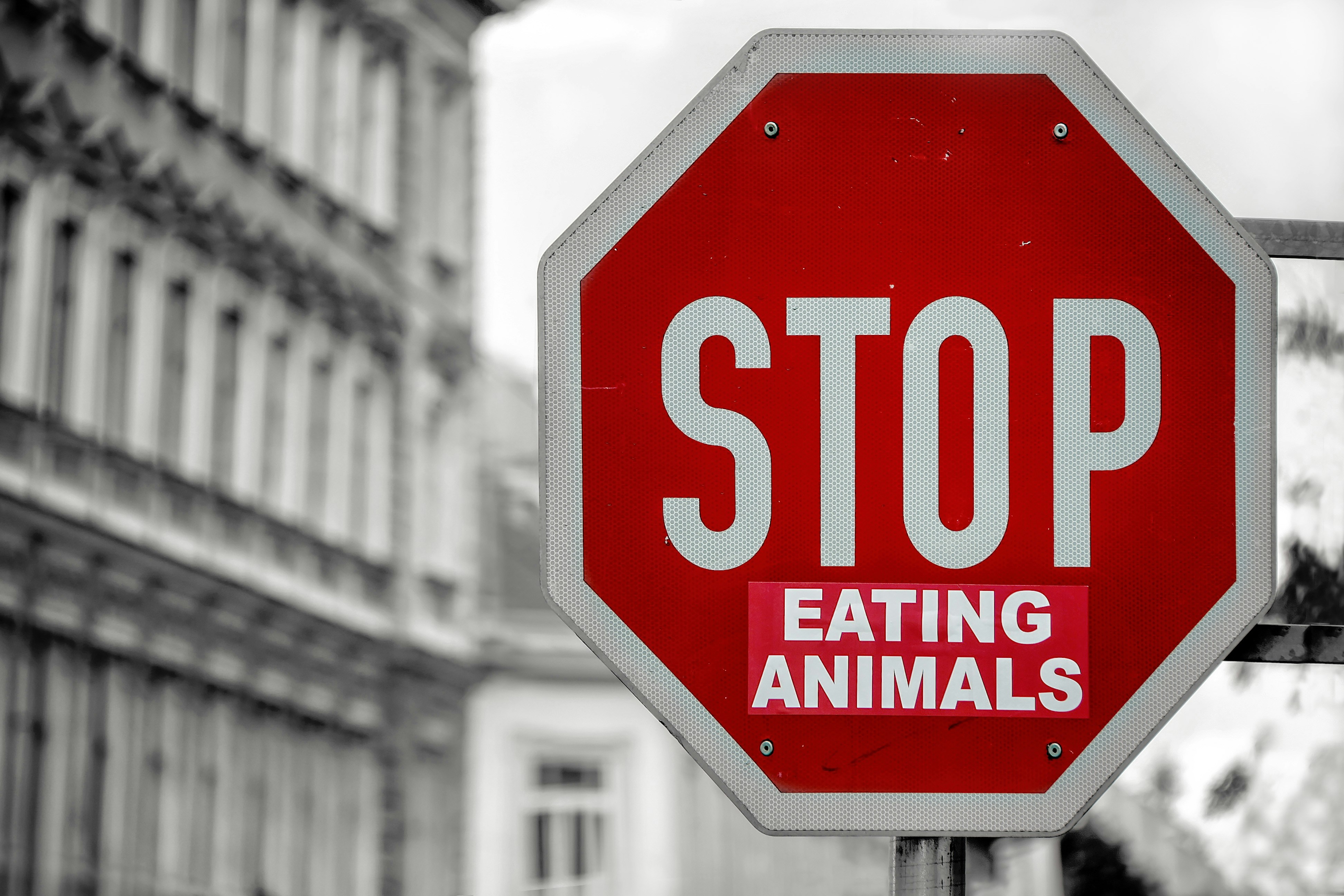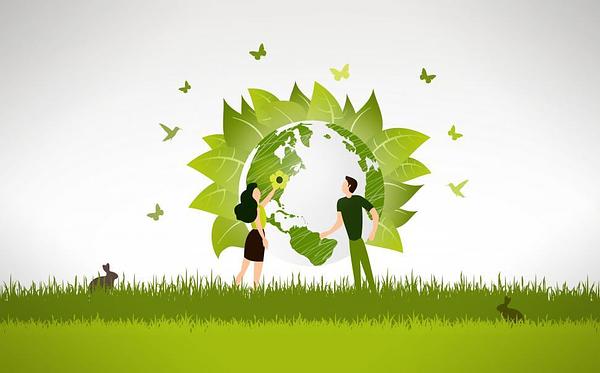Welcome to the first installment of our three-part series exploring the compelling reasons to embrace veganism. In this series, we’ll delve into how veganism benefits animals, enhances health, and supports the environment. Today, we begin with the heart of the movement: animals.
Compassion in Action
At its core, veganism is about compassion. Each year, billions of animals endure suffering in factory farms, where they are treated as commodities rather than sentient beings. Cows, pigs, chickens, and fish are confined, mutilated, and slaughtered for food. By going vegan, you take a stand against this cruelty, choosing kindness over harm.
A Voice for the Voiceless
Animals raised for food cannot speak for themselves. Veganism is a way to advocate for them, acknowledging their right to live free from exploitation. Scientific studies confirm that animals experience emotions, pain, and fear, much like humans and our beloved pets. They deserve lives filled with dignity and freedom, not confinement and suffering.
Beyond Factory Farming
It’s not just about food. Veganism also opposes the use of animals for clothing, entertainment, and experimentation. Whether it’s wearing vegan leather or supporting cruelty-free brands, every choice makes a difference in creating a world where animals are valued for their intrinsic worth.
The Power of One
It’s easy to feel powerless in the face of widespread animal suffering, but your choices matter. By choosing plant-based meals, you can save approximately 200 animals per year. That’s a profound impact from one person, multiplied exponentially as more people join the movement.
Stay Tuned
In our next blog, we’ll explore the health benefits of a vegan lifestyle, busting myths and uncovering how plants can power a vibrant, healthy life. And in our final installment, we’ll dive into how veganism contributes to a more sustainable planet.
For more tips, resources, and inspiration to help you on your vegan journey, visit VeganHub. Together, we can make the world a kinder place—for animals, ourselves, and future generations.


